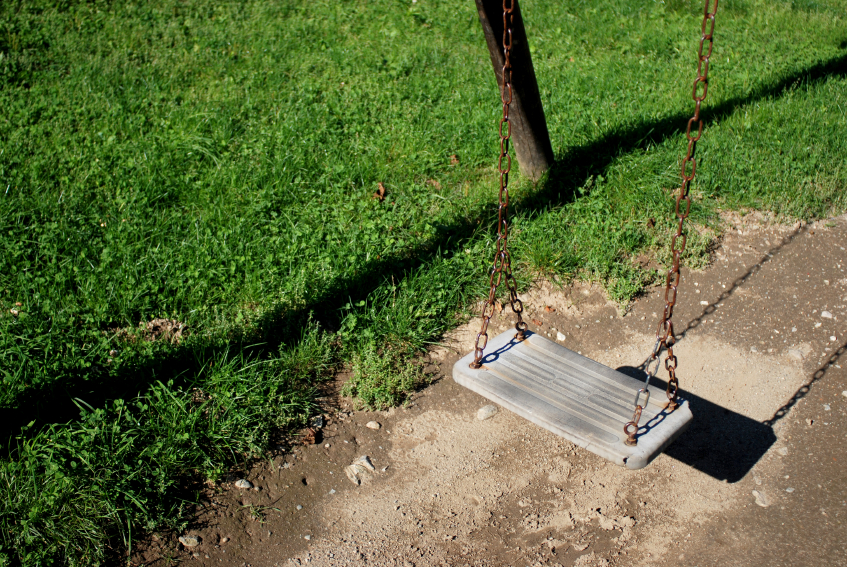
Lower income alone predicts poorer health in Manitoba kids, study reveals
The income bracket in which a Manitoba child grows up is a very strong predictor of the child’s health.
In fact, unlike in adults, where other types of socioeconomic disadvantage influence the health gap, income level alone can predict 16 out of 19 types of health inequality in Manitoba children.
These findings are revealed by a new study funded by the Children’s Hospital Research Institute of Manitoba (CHRIM). Investigators from CHRIM collaborated on the project with scientists from the Manitoba Centre for Health Policy (MCHP) at the University of Manitoba.
The study of health data, published in the journal Pediatric Research, aimed to evaluate how strongly various measures of socioeconomic status are associated with poorer health in infants, children and teens.
“We know that in general, factors such as poverty, unstable housing and living in a neighbourhood with a low average level of education are linked with poorer health,” said the study’s lead author, Dr. Atul Sharma, assistant professor of pediatrics and child health at the U of M’s Max Rady College of Medicine and researcher at CHRIM.
“But scientists who analyze data to understand what forms of deprivation and marginalization are associated with what health problems usually focus on adults. Few studies have looked at children.”
Research tools called “area-based socioeconomic measures” (ABSMs) are based on Canadian census data, broken down by postal code. Researchers have developed various ABSMs by combining different types of data for each neighbourhood, such as average household income, the unemployment rate, high school completion rate and the number of single-parent families.
Sharma’s study is the first to compare a number of Canadian ABSMs to see how well they predict the health gaps experienced by children.
Sharma teamed with CHRIM colleagues Dr. Celia Rodd, professor of pediatrics and child health, and Dr. Marni Brownell, professor of community health sciences, as well as with Dr. Dan Chateau, assistant professor of community health sciences, and Kristine Kroeker, data analyst at the George and Fay Yee Centre for Healthcare Innovation. Brownell and Chateau are research scientists at MCHP.
The researchers tested the measurement tools by using anonymized health data stored in the Manitoba Population Research Data Repository at MCHP. They analyzed Manitoba children’s health by neighbourhood in the period 2010 to 2015.
“Being able to link census data with individual health data for the entire Manitoba population highlights the unique research capability of the MCHP data repository,” said Chateau. “It can give us a full picture of gaps and the impacts of the social determinants of health.”
The health “outcomes” that were analyzed included rates of early experiences such as premature birth, low birth weight and breastfeeding; rates of infant and neonatal mortality; rates of completing recommended childhood vaccines; and rates of childhood hospitalization and teen pregnancy.
The study revealed significant inequalities based on neighbourhood socioeconomic status in 19 of the 20 health outcomes that were studied. Income level alone predicted 16 of these 19 inequalities.
Among children in Manitoba’s lowest-income neighbourhoods, for example, the infant mortality rate was more than double, hospitalizations were more than double, and the teen pregnancy rate was more than 10 times higher, compared to the highest-income neighbourhoods.
“In adults, it’s been found that more nuanced, multidimensional indexes – not just income – are needed to capture the relationships between socioeconomic status and health outcomes,” said Sharma. “We thought the same would be true for children. We were surprised that income level alone was so strongly associated with health disadvantages in kids and teens.
“Our finding that some area-based measurement tools are not effective for predicting children’s health is important because it shows that neighbourhood factors that play a role in adults’ health are not necessarily correlated with children’s health.”
The study concludes that poverty is a strong driver of health inequality among Manitoba’s children, and recommends that this evidence be used by health-care policymakers.






